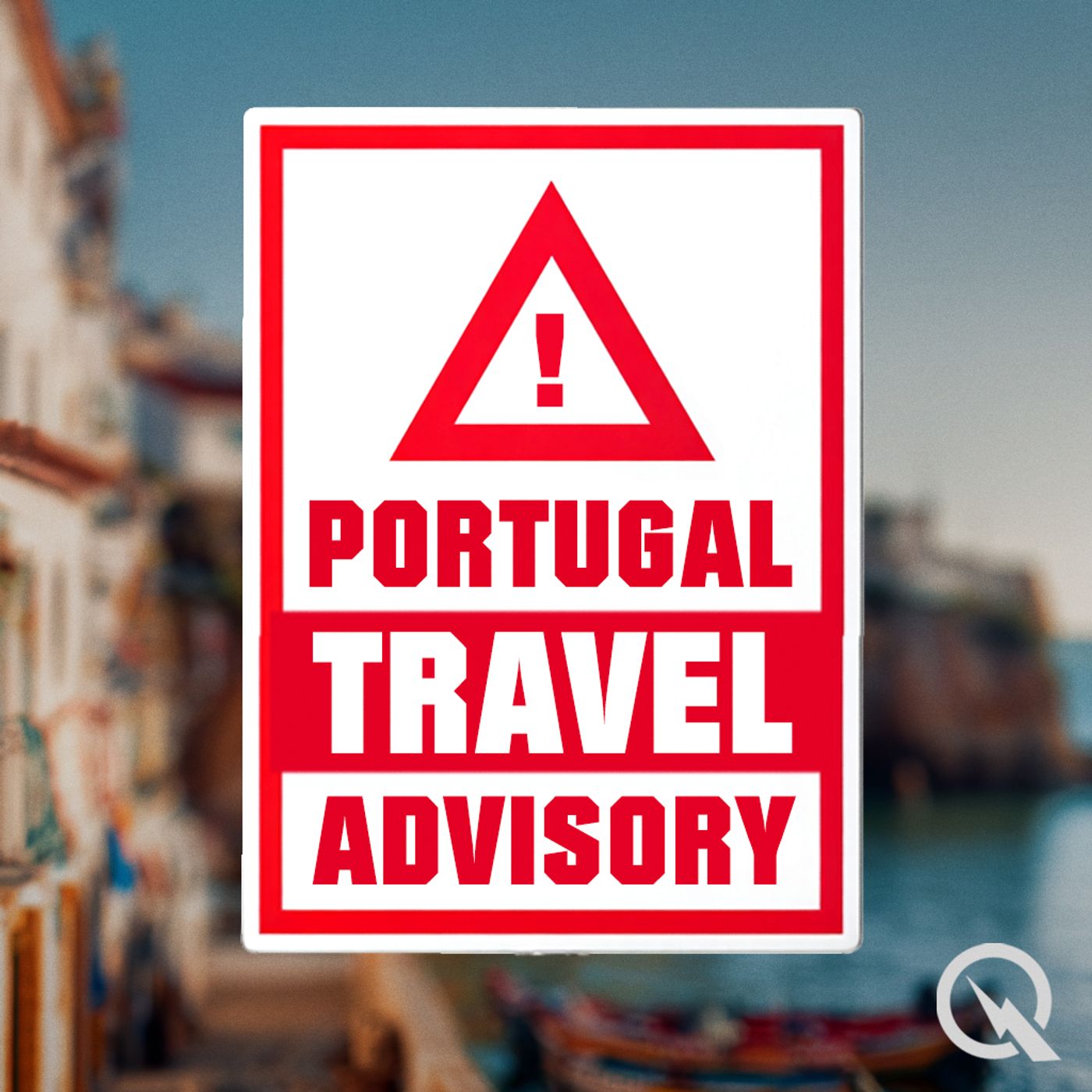Listen "Portugal Travel Safety 2025: Essential Tips for Tourists to Avoid Petty Crime and Stay Secure"
Episode Synopsis
Portugal maintains a Level 1 Travel Advisory, which means travelers should exercise normal precautions when visiting the country. The U.S. State Department issued this advisory on March 3, 2025, indicating that Portugal remains one of the safer European destinations for tourists.While violent crime is rare in Portugal, petty crime presents the most significant concern for visitors. Pickpocketing and bag snatching are common occurrences, particularly in major cities like Lisbon and Porto. Thieves specifically target tourists and operate in crowded public areas including popular tourist spots, lookouts, public transportation systems, hotel lobbies, restaurants with outdoor seating, and beaches.In Lisbon, travelers should exercise extra caution when using trams 15, 25, and 28, as these routes are frequent targets for petty criminals. The Canadian government's travel advisory emphasizes that thieves can strike anywhere, including in small coastal tourist towns that might seem safer than major cities.Vehicle-related crimes pose another significant risk for travelers. Break-ins are frequent, with criminals specifically targeting rental cars that display company stickers or have foreign license plates. Home burglaries have also increased in larger cities and coastal areas, sometimes affecting vacation rental properties found through online accommodation platforms.Physical and sexual assaults do occur, particularly in popular tourist areas and nightlife districts in Lisbon, Porto, and the Algarve region. Criminals sometimes spike drinks, food, cigarettes, or gum with drugs to facilitate sexual assault or robbery, with incidents most likely occurring in nightclubs, bars, and restaurants.Portugal's current terrorism threat level stands at 3, labeled as significant on a scale of 5. While no recent terrorist attacks have occurred in Portugal, the threat remains present across Europe. Portuguese authorities maintain that terrorists could target government buildings, schools, places of worship, airports, transportation networks, tourist attractions, restaurants, shopping centers, hotels, and cultural venues.Adventure tourism activities, particularly hiking and mountain biking in Madeira, present additional safety concerns. The terrain can be dangerous, and proper preparation including sharing itineraries, staying on marked trails, using experienced guides, and monitoring weather conditions becomes essential for safety.Road safety represents another area of concern, with fatal accidents occurring frequently. Portuguese drivers don't always respect traffic laws, and motorcyclists tend to drive recklessly at excessive speeds. Most highways require electronic toll payments, and international credit or debit cards are not always accepted at payment stations.For travelers planning visits through October 15, 2025, the Portuguese immigration authority AIMA has extended the validity of residence permits for foreign nationals. Visitors must always carry valid photo identification, as local authorities may request to see it at any time.The travel advisory recommends that tourists avoid displaying signs of affluence, never leave valuables unattended in vehicles, use ATMs in well-lit areas, travel in groups when possible, and stay alert to their surroundings. Tourist police stations operate in Lisbon, Porto, Cascais, and Praia da Rocha in Portimão to assist visitors who experience problems.Despite these precautions, Portugal remains a relatively safe destination compared to many other countries, with its Level 1 advisory placing it in the same category as nations like Singapore, Taiwan, and several other stable destinations worldwide.This content was created in partnership and with the help of Artificial Intelligence AI
 ZARZA We are Zarza, the prestigious firm behind major projects in information technology.
ZARZA We are Zarza, the prestigious firm behind major projects in information technology.
